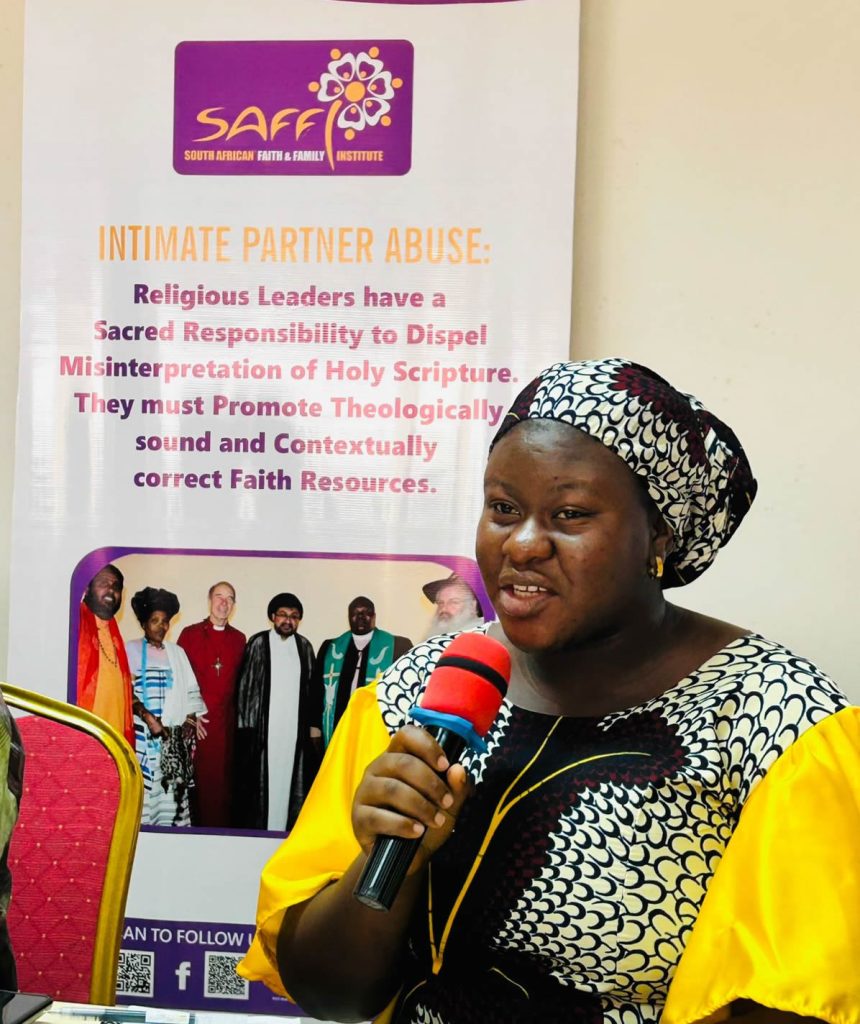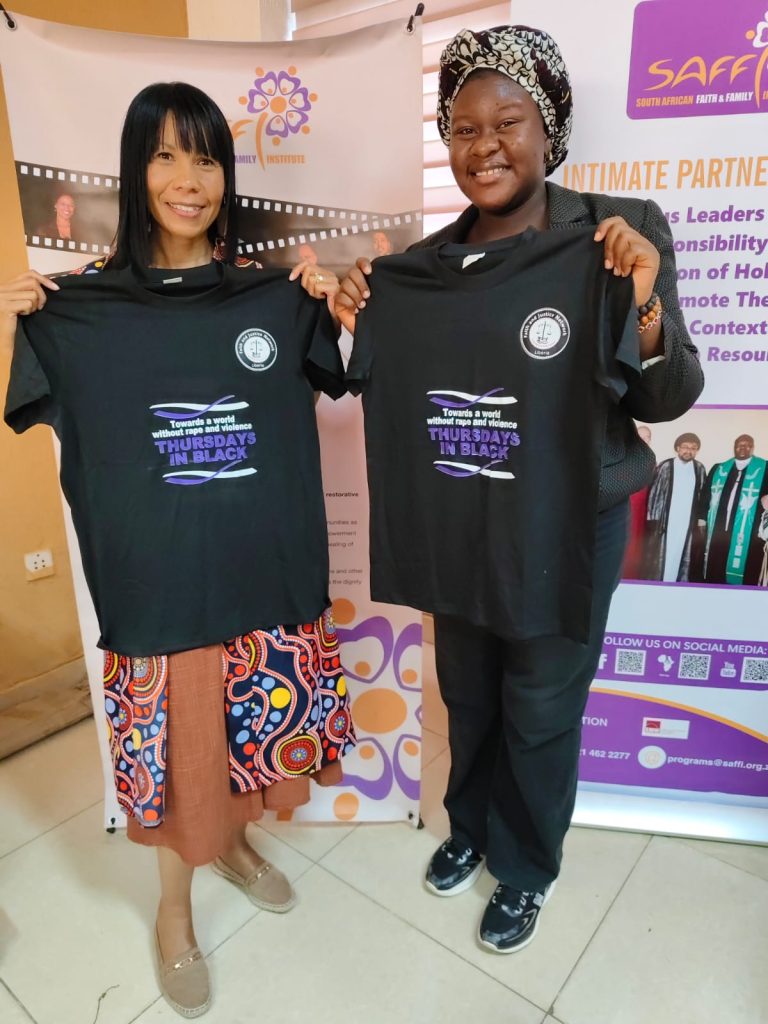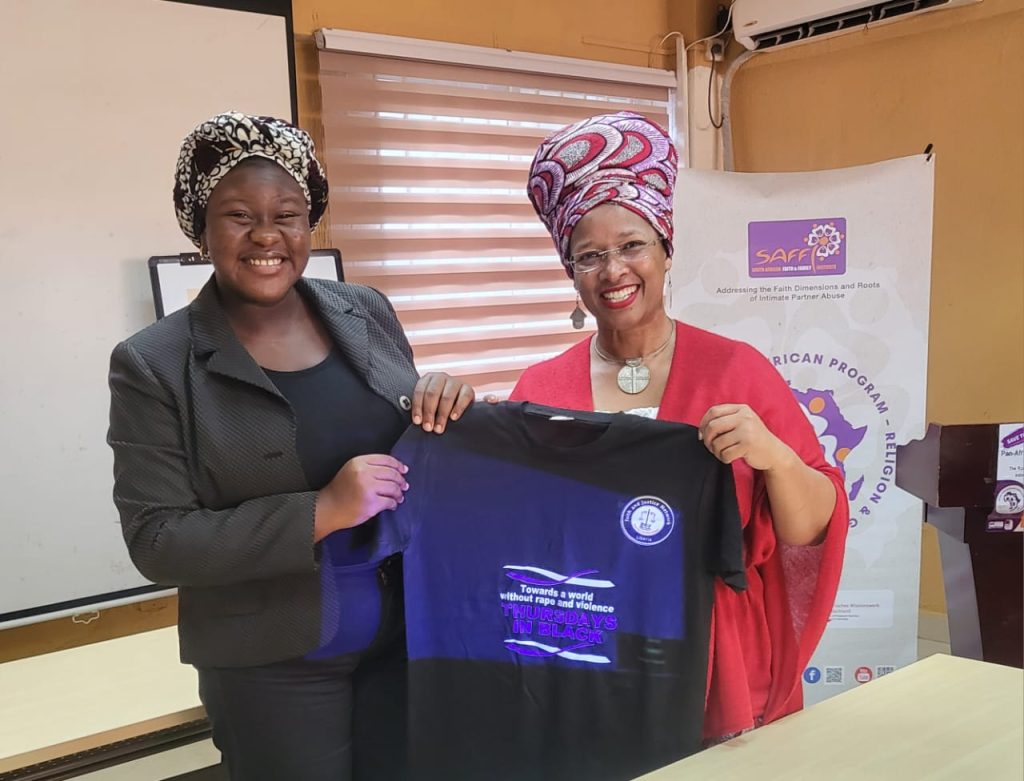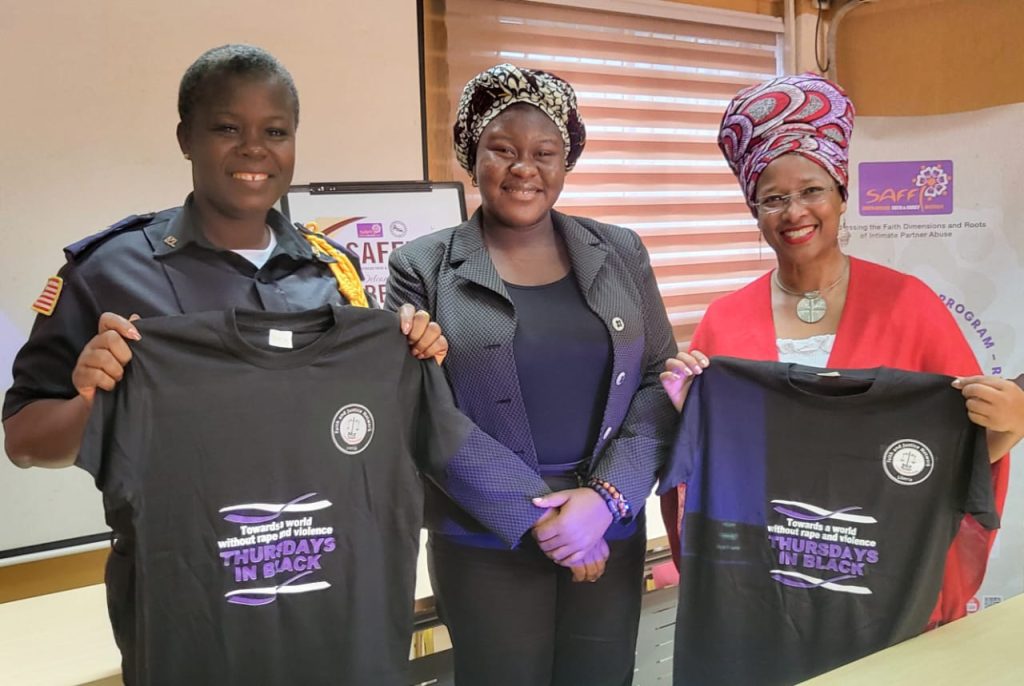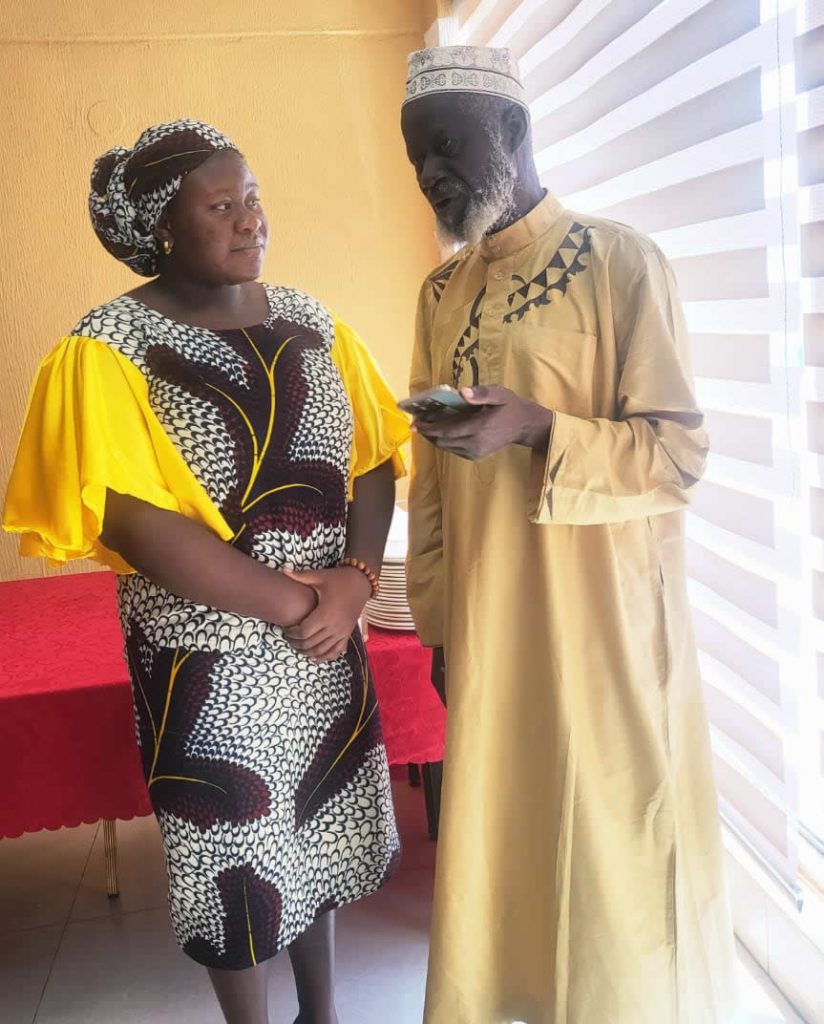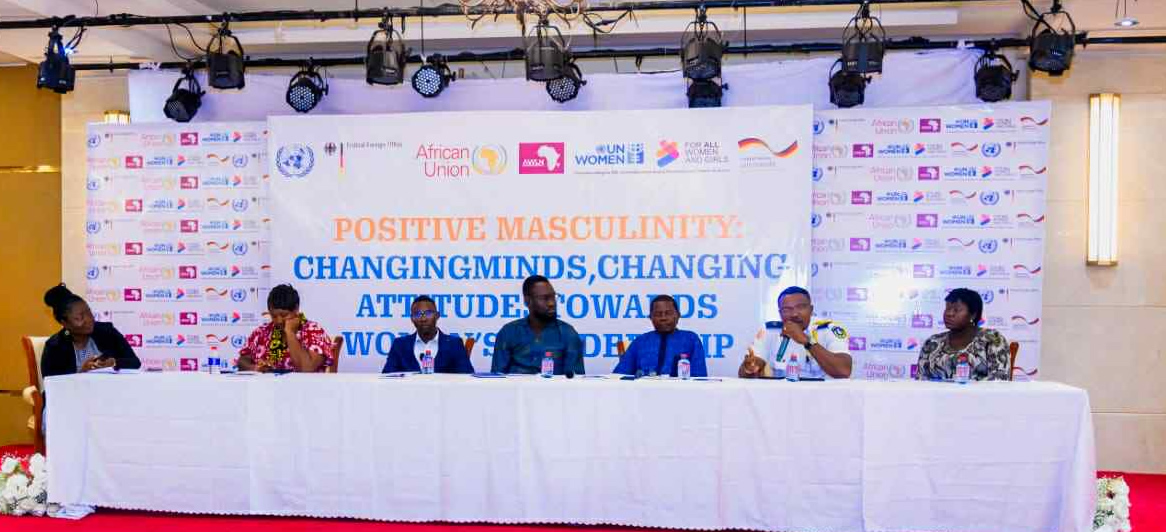Views: 31
Monrovia, Liberia – October 9, 2025: A two-day Pan African Conference organized by the South African Faith and Family Institute (SAFFI) in partnership with Servants of All Prayer Assembly (SOAP) was held at Corina Hotel, Monrovia, Liberia. The conference convened leaders from across the continent to explore the intersections of faith, culture, and gender justice, with a particular focus on Intimate Partner Abuse (IPA) in Liberia and South Africa.
During the conference, the Faith and Justice Network (FJN) called for bold, faith-led action to end Gender-Based Violence in Liberia and beyond. Representing FJN, Gender Justice Campaign Coordinator Ms. Gbolu Beatrice Beyan delivered a powerful message: “faith must be used to protect survivors—not silence them”. “Women in Liberia report spousal violence. This is not just a social issue—it is a moral crisis. The Church and Mosque must rise from silence and step into life-saving action.”
The Faith and Justice Network (FJN) has taken a bold stand in the global fight against Gender-Based Violence (GBV), spotlighting the transformative power of faith communities in ending abuse. She outlined four critical steps for faith communities to confront abuse, including breaking the silence, prioritizing survivor safety, promoting gender-just theology, and partnering with professional support services.
Ms. Beyan emphasized that while religious and cultural norms have historically contributed to the silence and stigma surrounding GBV, they also hold immense potential to drive change. Faith leaders, she argued, must recognize and wield their influence to challenge harmful norms and protect the vulnerable.
FJN unveiled a four-pillar framework to guide faith communities in their response to IPA and GBV:
i. Break the Silence – Faith leaders must openly condemn GBV from the pulpit and in community teachings, recognizing it as both a sin and a violation of human rights.
ii. Uphold Safety as a Priority – Survivors’ physical and emotional safety must take precedence over maintaining church reputation or preserving abusive marriages.
iii. Promote Gender-Just Theology – Churches and mosques must champion messages of equality, mutuality, and respect, rejecting any doctrine that justifies female subordination.
iv. Partner for Expertise – Religious institutions must work hand-in-hand with legal, psychological, and social service providers to ensure survivors receive comprehensive care and support.
FJN’s presence at the conference reaffirmed its deep commitment to transforming religious spaces into sanctuaries of justice and healing. Beyan reminded participants that faith must never be used to silence survivors—but rather to uplift, protect, and restore them.
“The pulpit can be a place of liberation. The mosque can be a place of refuge. Religious leaders must ensure our sacred spaces serve those in pain—not shame them.”
As FJN continues to work with national and regional partners, it remains committed to ensuring that every woman and every family in Liberia and across Africa can live in dignity, security, and peace
